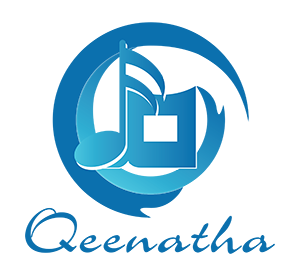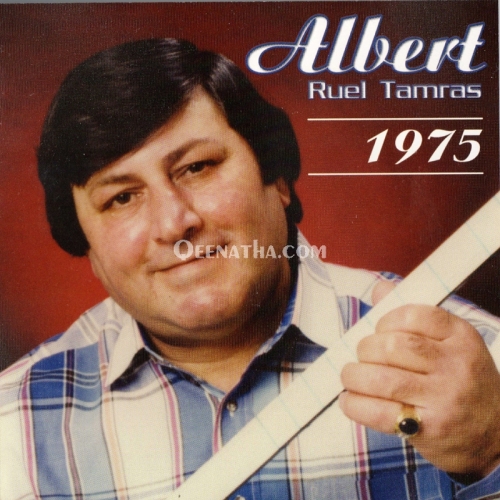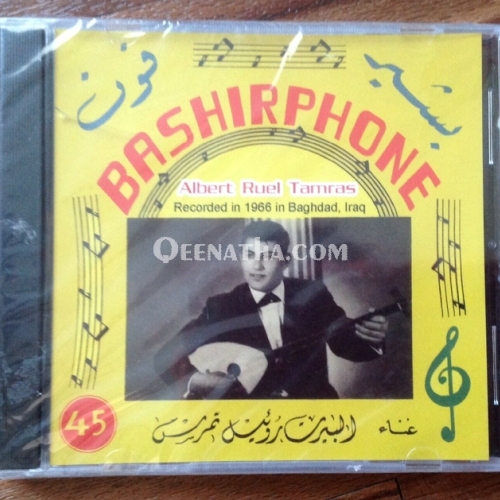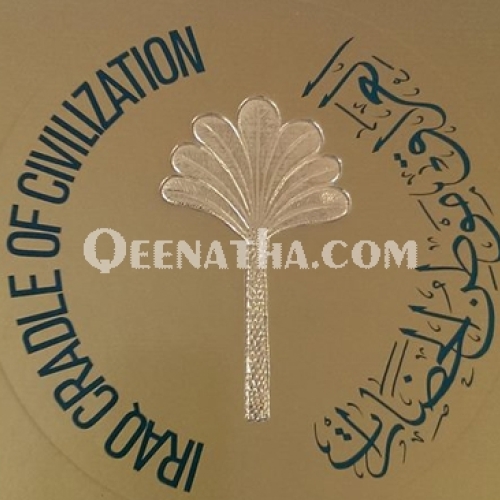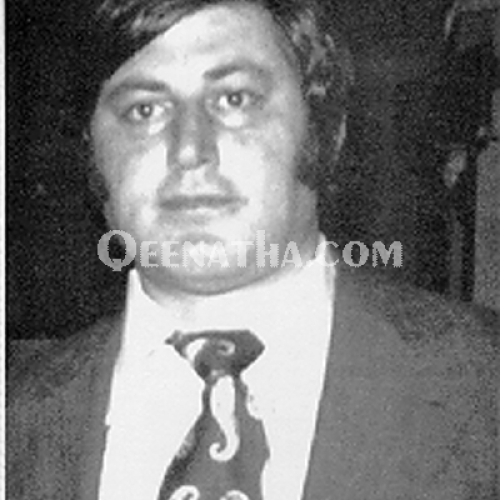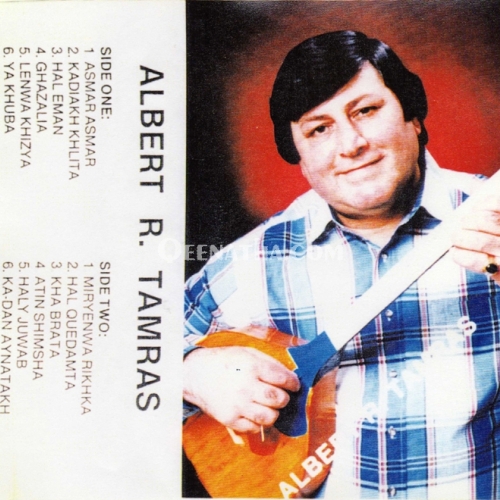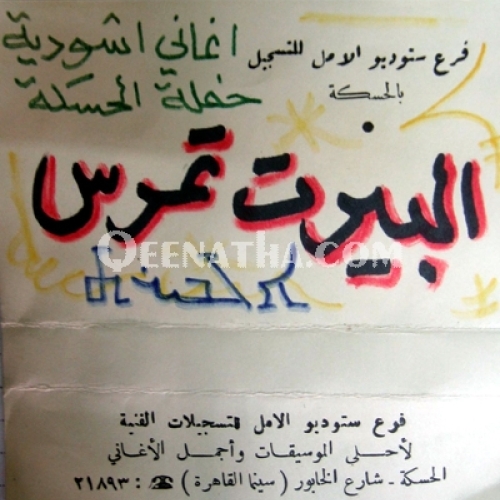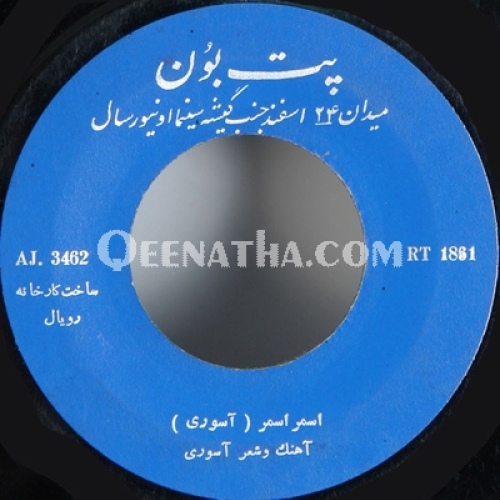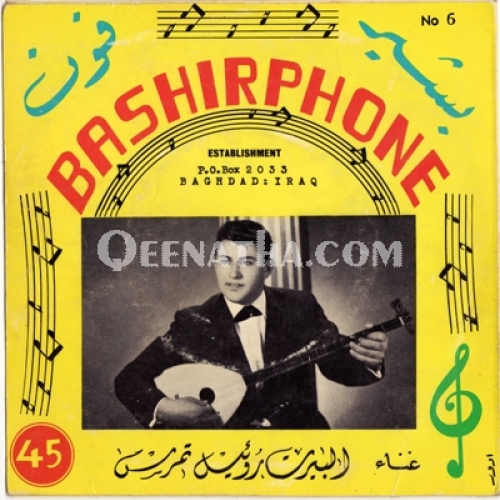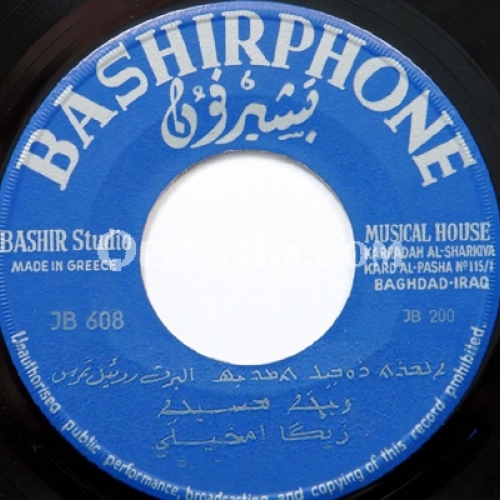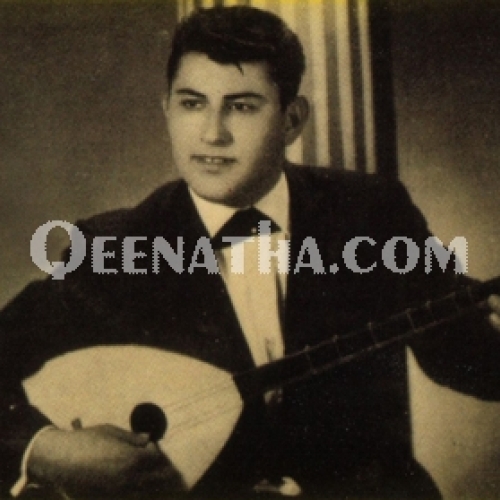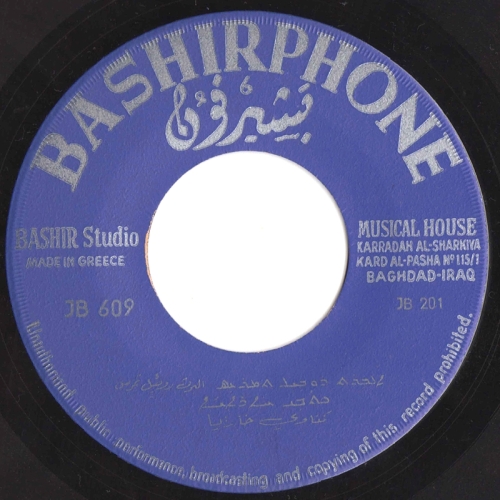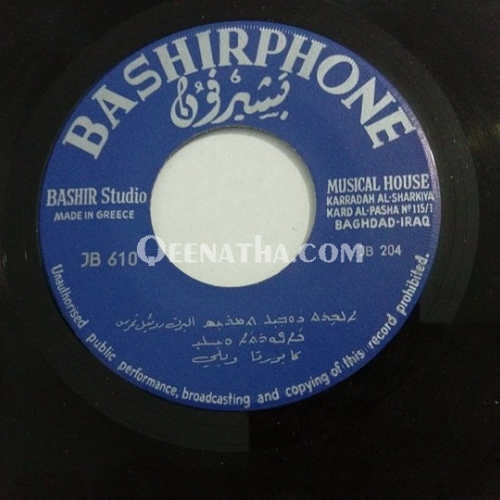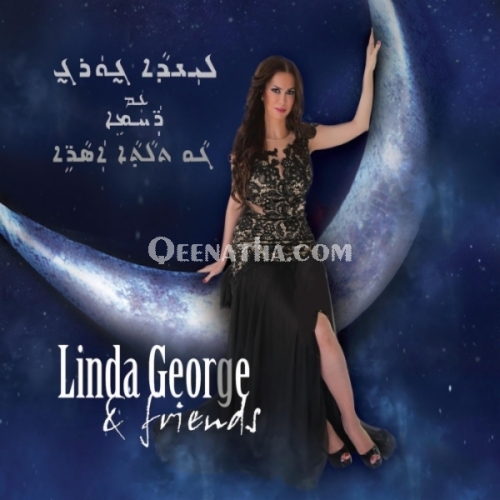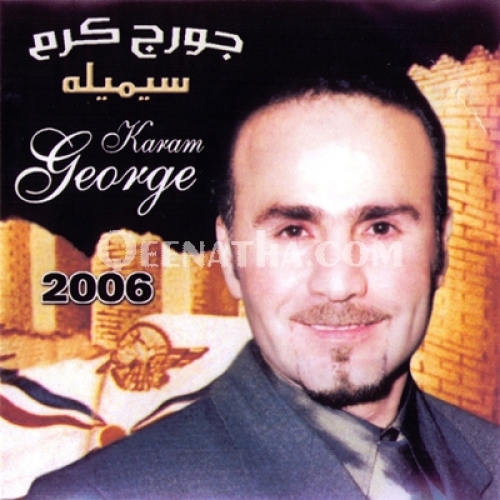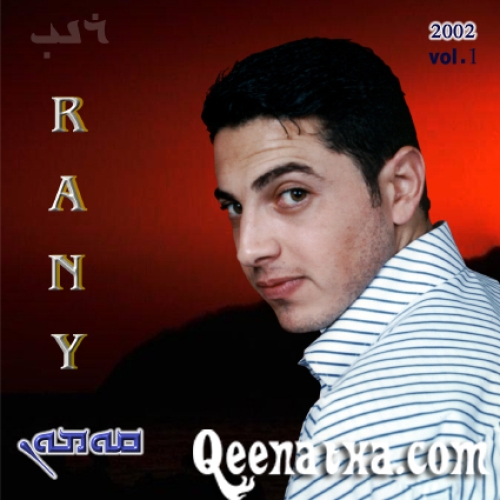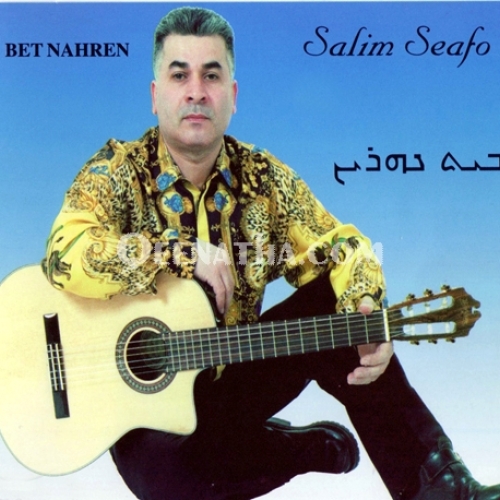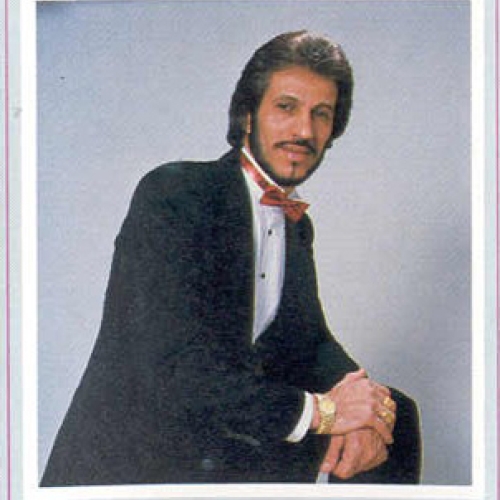Albert Ruel Tamras
Details
- Artist Type
- Singer
- Biography
-
Albert Ruel Tamras (1944 – 2011)
Born in Habbanya Iraq in 1944, his father’s name was Ruel Tamras and mother was Khanna Tamras, married to Madam Yolia David, have one son Yousip and two daughters Nahrain and Nurra.
Albert and family migrated to United States in 2000 and settled in Arizona, Albert begun singing officially in 1960, he wrote the lyrics to all his songs, and composed some of the music too. The music of other of his songs was folkloric and international.
In those early years when Albert begun singing, you had to have a powerful voice, because you didn’t have the technology to help you manipulate your voice as we do today, and most of his singing were done live on stage with no mic.
Albert was a folkloric singer and became very popular in the region, he had his own genre, he was “voice of the people” sometimes nicknamed "voice of the Mountain".
I Iraq he lived in Sarra Khatoun district in Baghdad, and started singing as early as 1954, songs of other singers like Oshana Mirza and Kurdish singers.
Albert became known later for playing on the Tambura, his band had two members, him singing on Tambura and a traditional eastern drummer (Tabla or Dahola). His first drummer was William Benjamin (US), then Esho Warda (AUS) and later his son Yousip Ruel took the position.
Many of Albert’s songs were broadcasted on Assyrian Radio and TV in Baghdad and Kirkuk in the 1970s.
In 1976 Albert together with Iraqi singer Afeefa Eskander were invited to sing in the United States of America for a month. Afeefa (A famed Arabic Iraqi singer), then later retuned to Iraq but Albert extended his stay for another two months in which he sung in other US states and travelled to Canada as well. Assyrians in Diaspora could not get enough of his music.
Albert recorded 13 songs around the year 1966 (until 1971) in the famous Assyrian recording studio of Jamil Bashir, in Baghdad Iraq. And those songs were released on 45rpm single vinyls on Bashirphone label. Perhaps few of those vinyls were also copied and released in Iran (one such example has been located).
In 1975 Albert also released two tapes, each with 6 songs, which were both later reissued on a single-cassette, and then on a CD in 2003. You could hear the voices of Sargon Gabriel and Biba singing at the back vocals on some of those early Albert tracks.
But how many albums Albert has? We are still trying to determine that, Albert was singer of the people, he always sang live, when he sang people recorded his songs, and we have many of those live recordings, but I am sure many singing sessions were not recorded. And most of the times he sung original songs or songs in different versions and lyrics.
Today we have perhaps 8 albums. Not counting the 6 singles vinyls released on Bashirphone label.
Albert was interviewed on Khabour.com website in 2008 by Robert Audisho, and here are few translated parts from Arabic into English from that interview:
Albert:
One of my favourite singers that I liked and respected has been (late) Oshana Youil Mirza, he had a magical voice, I listened and memorised all his songs. He was the most famous singer in Iraq, only when he migrated to Kuwait I was able to take his place in Iraq and become a known young singer.
When Albert was asked, what advice would you give to our new singers? He said
"I wish them all the success, I have one request. If they want to leave a print on the Assyrian music filed, first they have to make sure they have a qualified singing voice, then to work very hard on their songs before releasing them, they have to be honest with themselves and with their audience. They have to target the heart and soul of the Assyrian audiences before their ears".
My trip to Syria in 1974 is a part of my life that I will never forget, when I arrived in Syria many people didn’t know about my visit, there was no media as we have today and no transportation. But as soon as they knew, every single Assyrian village in Syria invited me to sing, and many walked for miles to see me and hear my songs. I sung in weddings, engagements, parties, concerts, and private homes.
Robert: I still remember the party that you performed on the roof of Dr. Ewan Ewan’s house, people came from Hasaka and Qamishli and all the surrounding Assyrian towns and villages. You sung until sunrise. That party was recorded on tape, although it was not clear, but still the tape was “sold out’, and recopied and sold over and over many times.
What is the song that is most dear to you whom you composed?
Albert: The most beautiful melody that I composed is for the song; "Hal Eman Ya Moghebti", as for the most important melody that I borrowed is for the song; "Ktawe Kharaya" which is a Turkish melody. I also sung one national song; "Atouraya Dmikha Bshenta Yaqorta".
I have 5 Buzuq (Tambura) but the most dear to me is the one I designed in 1963 and took with me to Syria, I still have it and play on it every day. It has been my friend on my singing journey.
I never made money from my courier, when I recorded and released my songs, almost immediately illegal copies (bootleg) were made and sold, I was not able to even recover the cost of my albums. And we have no support from our Media. They only confined to the modern songs, but they must also play songs that are related to our ancient Assyrian culture and heritage, which play an important role in preserving our culture and language (end of interview).
In 1990 Albert came to Australia and sung in two parties in Nineveh Club to packed audience, one of his parties was filmed and later released on video.
I hope anyone that has his old tapes or old videos, to digitise them, so we may one day have our own Assyrian Archive and we can preserve those and other rare materials for future generations.
Lastly, we have lost another Assyrian Legend in 2011, he was planning on releasing a new album, but it was not to be. May his Soul rest in Peace, and may our lord grant him a place in heaven.
Profile up-dated by Moneer Cherie
Sources:
Background information gathered from friends, interviews, CD booklets, and Interview on Khabour.com see the original in Arabic at: click
Albert Ruel Tamras (1944 – 2011)
Born in Habbanya Iraq in 1944, his father’s name was Ruel Tamras and mother was Khanna Tamras, married to Madam Yolia David, have one son Yousip and two daughters Nahrain and Nurra.Albert and family migrated to United States in 2000 and settled in Arizona, Albert begun singing officially in 1960, he wrote the lyrics to all his songs, and composed some of the music too. The music of other of his songs was folkloric and international.
In those early years when Albert begun singing, you had to have a powerful voice, because you didn’t have the technology to help you manipulate your voice as we do today, and most of his singing were done live on stage with no mic.
Albert was a folkloric singer and became very popular in the region, he had his own genre, he was “voice of the people” sometimes nicknamed "voice of the Mountain".
I Iraq he lived in Sarra Khatoun district in Baghdad, and started singing as early as 1954, songs of other singers like Oshana Mirza and Kurdish singers.
Albert became known later for playing on the Tambura, his band had two members, him singing on Tambura and a traditional eastern drummer (Tabla or Dahola). His first drummer was William Benjamin (US), then Esho Warda (AUS) and later his son Yousip Ruel took the position.
Many of Albert’s songs were broadcasted on Assyrian Radio and TV in Baghdad and Kirkuk in the 1970s.
In 1976 Albert together with Iraqi singer Afeefa Eskander were invited to sing in the United States of America for a month. Afeefa (A famed Arabic Iraqi singer), then later retuned to Iraq but Albert extended his stay for another two months in which he sung in other US states and travelled to Canada as well. Assyrians in Diaspora could not get enough of his music.
Albert recorded 13 songs around the year 1966 (until 1971) in the famous Assyrian recording studio of Jamil Bashir, in Baghdad Iraq. And those songs were released on 45rpm single vinyls on Bashirphone label. Perhaps few of those vinyls were also copied and released in Iran (one such example has been located).
In 1975 Albert also released two tapes, each with 6 songs, which were both later reissued on a single-cassette, and then on a CD in 2003. You could hear the voices of Sargon Gabriel and Biba singing at the back vocals on some of those early Albert tracks.
But how many albums Albert has? We are still trying to determine that, Albert was singer of the people, he always sang live, when he sang people recorded his songs, and we have many of those live recordings, but I am sure many singing sessions were not recorded. And most of the times he sung original songs or songs in different versions and lyrics.
Today we have perhaps 8 albums. Not counting the 6 singles vinyls released on Bashirphone label.
Albert was interviewed on Khabour.com website in 2008 by Robert Audisho, and here are few translated parts from Arabic into English from that interview:
Albert:
One of my favourite singers that I liked and respected has been (late) Oshana Youil Mirza, he had a magical voice, I listened and memorised all his songs. He was the most famous singer in Iraq, only when he migrated to Kuwait I was able to take his place in Iraq and become a known young singer.
When Albert was asked, what advice would you give to our new singers? He said
"I wish them all the success, I have one request. If they want to leave a print on the Assyrian music filed, first they have to make sure they have a qualified singing voice, then to work very hard on their songs before releasing them, they have to be honest with themselves and with their audience. They have to target the heart and soul of the Assyrian audiences before their ears".
My trip to Syria in 1974 is a part of my life that I will never forget, when I arrived in Syria many people didn’t know about my visit, there was no media as we have today and no transportation. But as soon as they knew, every single Assyrian village in Syria invited me to sing, and many walked for miles to see me and hear my songs. I sung in weddings, engagements, parties, concerts, and private homes.
Robert: I still remember the party that you performed on the roof of Dr. Ewan Ewan’s house, people came from Hasaka and Qamishli and all the surrounding Assyrian towns and villages. You sung until sunrise. That party was recorded on tape, although it was not clear, but still the tape was “sold out’, and recopied and sold over and over many times.
What is the song that is most dear to you whom you composed?
Albert: The most beautiful melody that I composed is for the song; "Hal Eman Ya Moghebti", as for the most important melody that I borrowed is for the song; "Ktawe Kharaya" which is a Turkish melody. I also sung one national song; "Atouraya Dmikha Bshenta Yaqorta".
I have 5 Buzuq (Tambura) but the most dear to me is the one I designed in 1963 and took with me to Syria, I still have it and play on it every day. It has been my friend on my singing journey.
I never made money from my courier, when I recorded and released my songs, almost immediately illegal copies (bootleg) were made and sold, I was not able to even recover the cost of my albums. And we have no support from our Media. They only confined to the modern songs, but they must also play songs that are related to our ancient Assyrian culture and heritage, which play an important role in preserving our culture and language (end of interview).
In 1990 Albert came to Australia and sung in two parties in Nineveh Club to packed audience, one of his parties was filmed and later released on video.
I hope anyone that has his old tapes or old videos, to digitise them, so we may one day have our own Assyrian Archive and we can preserve those and other rare materials for future generations.
Lastly, we have lost another Assyrian Legend in 2011, he was planning on releasing a new album, but it was not to be. May his Soul rest in Peace, and may our lord grant him a place in heaven.
Profile up-dated by Moneer Cherie
Sources:
Background information gathered from friends, interviews, CD booklets, and Interview on Khabour.com see the original in Arabic at: click
